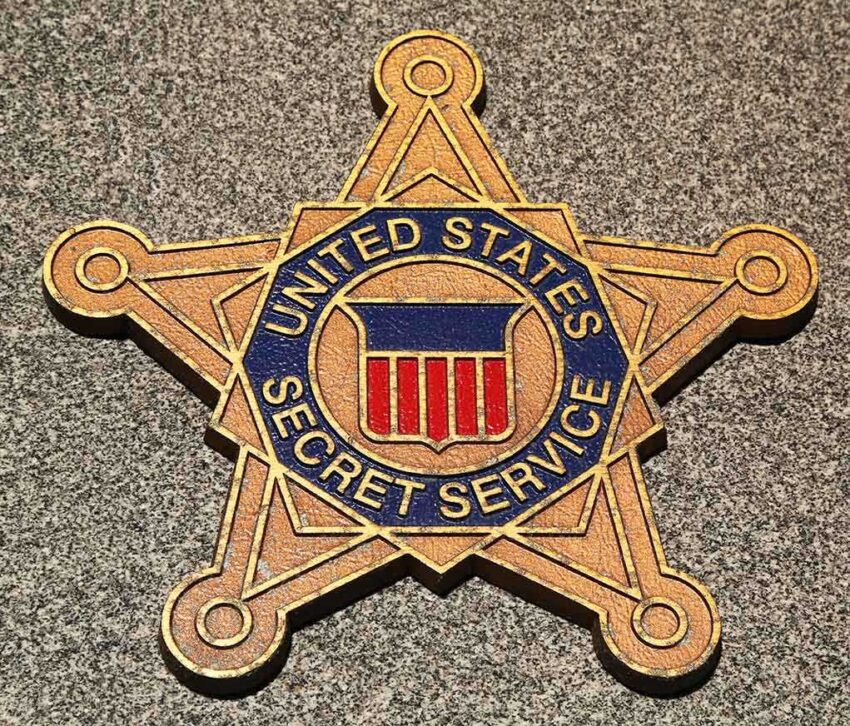Secret Service leadership knew about a classified threat to Donald Trump’s life ten days before the Butler assassination attempt and still failed to inform the very agents tasked with protecting him—leaving Americans to wonder just how deep the rot goes in the agency supposedly standing between our leaders and disaster.
At a Glance
- Secret Service withheld crucial threat intelligence from field agents before Trump’s Butler rally.
- Six agents suspended, but no firings, despite what’s called the biggest security failure since Reagan.
- Congressional investigation slams agency for “siloed” practices and lack of real accountability.
- Victims’ families and the public demand sweeping reform and answers about government priorities.
Secret Service Sat on “Classified Threat” Before Bullets Flew
The U.S. Secret Service is supposed to be the last line of defense for America’s top leaders. Yet, somehow, amid rising threats, political violence, and a nation on edge, the agency failed at the one job it cannot afford to botch. According to a damning government report, Secret Service officials had “highly classified” intelligence about a credible threat to Trump’s life a full ten days before the attempted assassination in Butler, Pennsylvania.
Instead of alerting the agents responsible for protecting Trump on the ground, bureaucratic red tape, “siloed” sharing practices, and a stunning lack of urgency kept this life-or-death information locked away in Washington. The result: a rooftop shooter, one dead American, multiple injuries, and a former president’s life nearly cut short. The agency’s excuse? They had no process to distribute non-imminent threat intelligence, so they sat on their hands and hoped for the best. This isn’t just a paperwork snafu—it’s a national disgrace. Americans who expect competence from those sworn to protect our leaders were instead handed a master class in government dysfunction.
After decades of “lessons learned” from the tragedies of JFK and Reagan, the Secret Service apparently still hasn’t learned the basics: inform your agents, act on credible threats, and take nothing for granted. The Butler rally was a high-profile event, but the agency seemed more concerned with preserving its own process than saving lives. The old playbook failed, and Americans paid the price.
Token Suspensions, No Firings: Accountability That Isn’t
Six Secret Service personnel were suspended without pay—some for as little as ten days—after the botched Butler rally. Not a single agent was fired, even as the agency itself acknowledges this was the worst security failure in more than forty years. Director Sean Curran admitted to Congress that the agency dropped the ball, but Deputy Director Matt Quinn doubled down on the bureaucratic mindset, declaring, “We aren’t going to fire our way out of this.” That line might play well in HR seminars, but to the millions of Americans who watched a presidential candidate nearly assassinated while the Secret Service shrugged, it’s a sick joke. Accountability apparently means a slap on the wrist and back to business as usual. If only regular taxpayers could get that kind of leniency when they fail at their jobs.
Congress isn’t buying it. Led by Senator Chuck Grassley, lawmakers are demanding real answers and real reform. They released a 98-page report eviscerating the agency’s lack of communication, operational missteps, and failure to adapt to modern threats. The conclusion: the Secret Service’s “siloed” culture and lack of urgency are a threat to national security. The families of the victims, especially Corey Comperatore—killed protecting his own family—deserve more than platitudes and bureaucratic tap-dancing.
Government Priorities, Political Blame, and Calls for Reform
The Butler debacle has sparked a new firestorm over government priorities and the politicization of security. The Trump campaign had requested enhanced security ahead of the rally, but the Biden administration turned them down, citing cost and resource constraints. How many billions can we spare for illegal immigrants and “equity initiatives,” but not for the basic protection of a former president? The American public is left to wonder: if this can happen to someone with a full Secret Service detail, what chance does the average citizen have when government agencies are more interested in covering their own backsides than protecting the people they serve?
Amid the outrage, the Secret Service has scrambled to implement reforms. Twenty-one of over forty recommended changes are in place, including new technology, improved information sharing, and better coordination with local law enforcement. But the agency’s core problem—a culture of secrecy, bureaucracy, and risk aversion—remains entrenched. Security experts say nothing short of a cultural overhaul will fix it. For now, the nation is left with an agency that failed in its mission, a public that no longer trusts its protectors, and politicians pointing fingers rather than fixing the problem. The next time a classified threat lands on a bureaucrat’s desk, will anyone actually do their job?
Click this link for the original source of this article.
Author: Editor
This content is courtesy of, and owned and copyrighted by, https://www.rightwing.org and its author. This content is made available by use of the public RSS feed offered by the host site and is used for educational purposes only. If you are the author or represent the host site and would like this content removed now and in the future, please contact USSANews.com using the email address in the Contact page found in the website menu.








